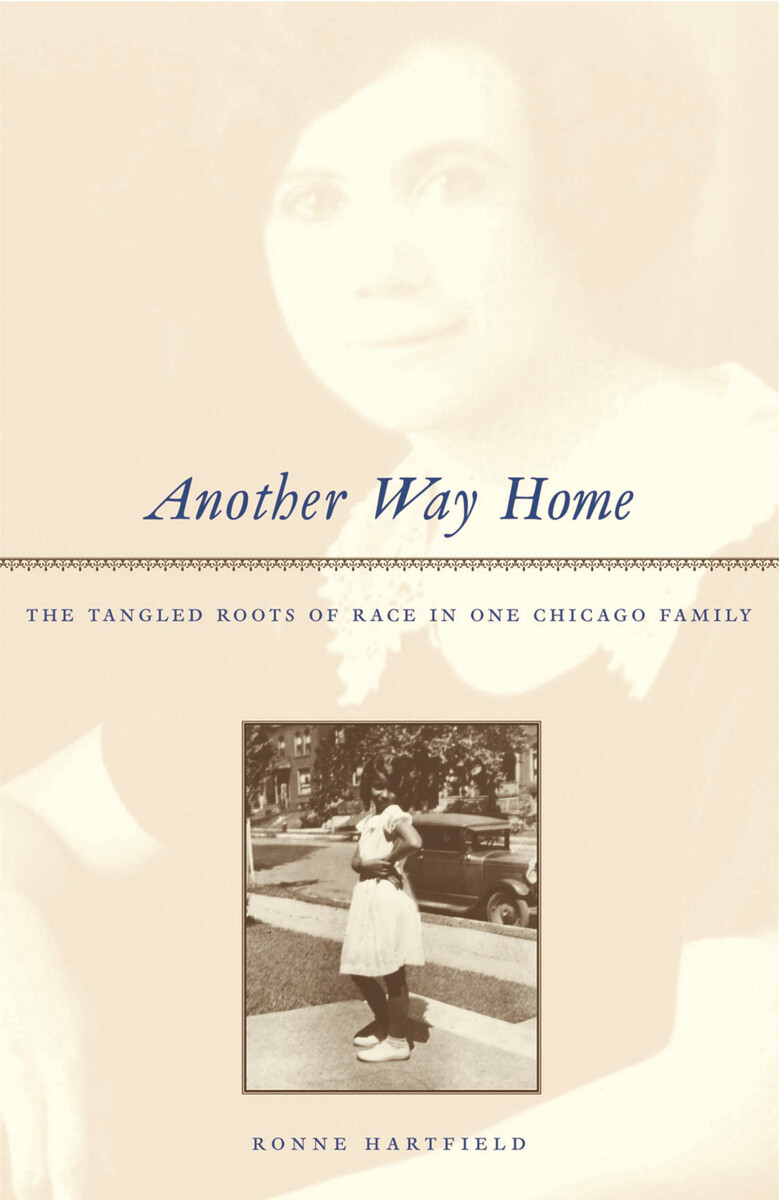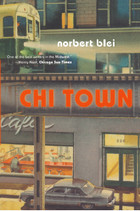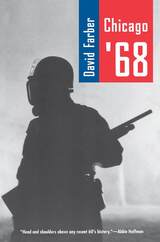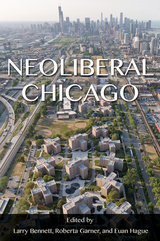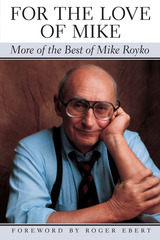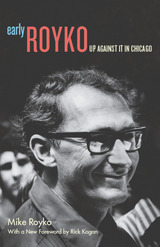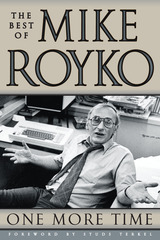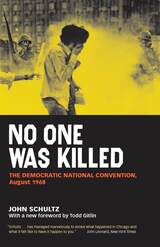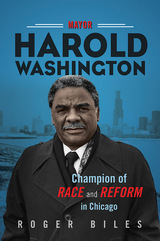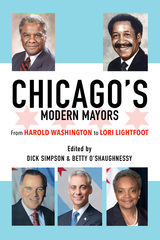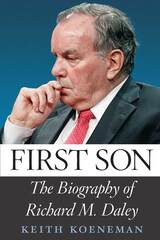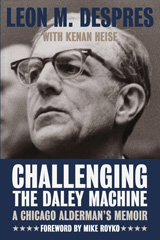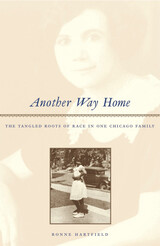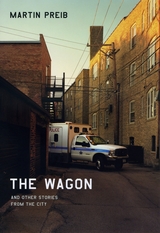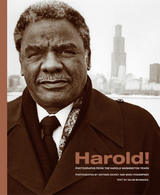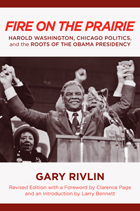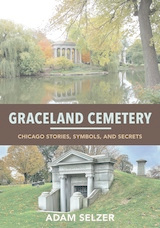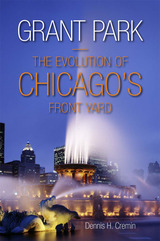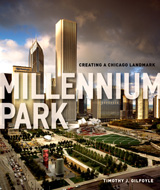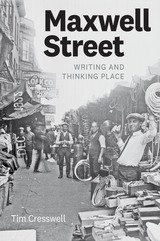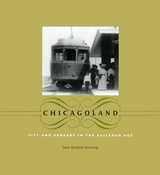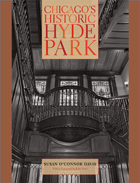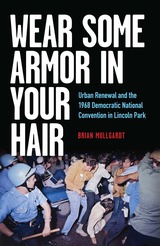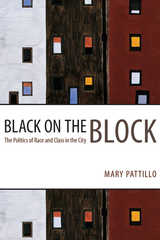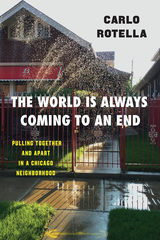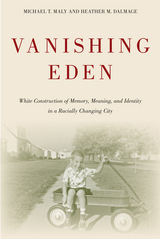Another Way Home: The Tangled Roots of Race in One Chicago Family
University of Chicago Press, 2004
Cloth: 978-0-226-31821-9 | Paper: 978-0-226-31823-3
Library of Congress Classification F548.54.H37A3 2004
Dewey Decimal Classification 977.311004059607
Cloth: 978-0-226-31821-9 | Paper: 978-0-226-31823-3
Library of Congress Classification F548.54.H37A3 2004
Dewey Decimal Classification 977.311004059607
ABOUT THIS BOOK | AUTHOR BIOGRAPHY | REVIEWS | TOC | REQUEST ACCESSIBLE FILE
ABOUT THIS BOOK
In her prologue to Another Way Home, Ronne Hartfield notes the dearth of stories about African Americans who have occupied the area of mixed race with ease and harmony for generations. Her moving family history is filled with such stories, told in beautifully crafted and unsentimental prose. Spanning most of the twentieth century, Hartfield's book celebrates the special occasion of being born and reared in a household where miscegenation was the rule rather than the exception—where being a woman of mixed race could be a fundamental source of strength, vitality, and courage.
Hartfield begins with the early life of her mother, Day Shepherd. Born to a wealthy British plantation owner and the mixed-race daughter of a former slave, Day negotiates the complicated circumstances of plantation life in the border country of Louisiana and Mississippi and, as she enters womanhood, the quadroon and octoroon societies of New Orleans. Equally a tale of the Great Migration, Another Way Home traces Day's journey to Bronzeville, the epicenter of black Chicago during the first half of the twentieth century. Here, through the eyes of Day and, ultimately, her daughter, we witness the bustling city streets and vibrant middle-class culture of this iconic black neighborhood. We also relive crucial moments in African American history as they are experienced by the author's family and others in Chicago's South Side black community, from the race riots of 1919 and the Great Depression to the murder of Emmett Till and the dawn of the civil rights movement.
Throughout her book, Hartfield portrays mixed-race Americans navigating the challenges of their lives with resilience and grace, making Another Way Home an intimate and compelling encounter with one family's response to our racially charged culture.
Hartfield begins with the early life of her mother, Day Shepherd. Born to a wealthy British plantation owner and the mixed-race daughter of a former slave, Day negotiates the complicated circumstances of plantation life in the border country of Louisiana and Mississippi and, as she enters womanhood, the quadroon and octoroon societies of New Orleans. Equally a tale of the Great Migration, Another Way Home traces Day's journey to Bronzeville, the epicenter of black Chicago during the first half of the twentieth century. Here, through the eyes of Day and, ultimately, her daughter, we witness the bustling city streets and vibrant middle-class culture of this iconic black neighborhood. We also relive crucial moments in African American history as they are experienced by the author's family and others in Chicago's South Side black community, from the race riots of 1919 and the Great Depression to the murder of Emmett Till and the dawn of the civil rights movement.
Throughout her book, Hartfield portrays mixed-race Americans navigating the challenges of their lives with resilience and grace, making Another Way Home an intimate and compelling encounter with one family's response to our racially charged culture.
See other books on: 1936- | Chicago | Chicago (Ill.) | Racially mixed people | Tangled Roots
See other titles from University of Chicago Press
